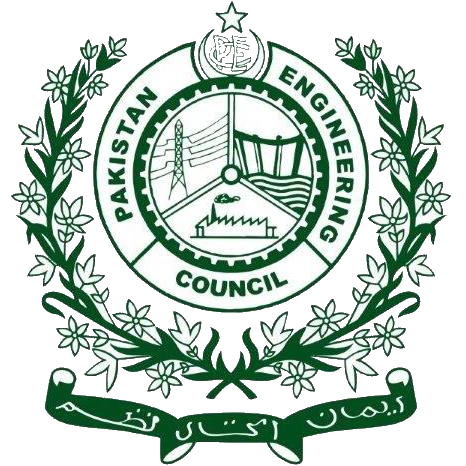|

Its main statutory functions include registration of engineers, consulting engineers, constructors/operators and accreditation of engineering programmes offered by universities/institutions, ensuring and managing of continuing professional development, assisting the Federal Government as Think Tank, establishing standards for engineering products and services besides safeguarding the interest of its members. The council shall encourage, facilitate and regulate working of professional engineering bodies for creativity and as custodians of engineering under the umbrella of the Council.
PEC interacts with the Government, both at the Federal and Provincial level by participating in Commissions, Committees and Advisory Bodies. PEC is a fully representative body of the engineering community in the country.
PEC has also been providing support to the Government in conducting technical enquiries and recommending remedial measures on the subjects referred. Over the years, the Pakistan Engineering Council has become an influential voice, which speaks for the engineering profession as a whole in the country. It forms an effective bridge between Government, industry and education.
|